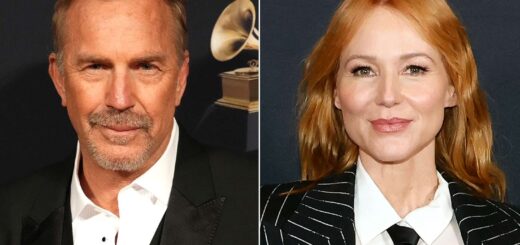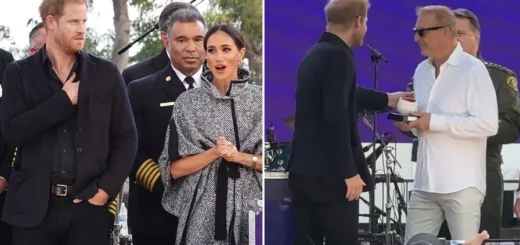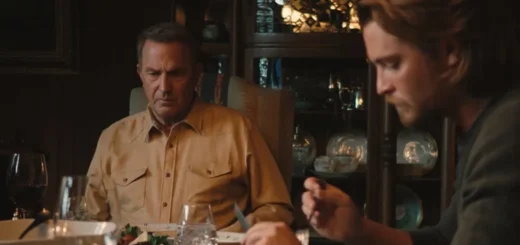“Quentin Tarantino Praises Kevin Costner’s Debut Film as One of the Greatest Directorial Beginnings”
As a frequent guest on talk shows, podcasts, and festival Q&As, Quentin Tarantino is known for his bold opinions on virtually every film. Whether he’s heaping praise or offering criticism, Tarantino’s unconventional takes challenge mainstream tastes and spark conversations within the film community. His views often become online sensations, leading to fresh appraisals of beloved classics and hidden gems alike. When it comes to Kevin Costner’s filmography, most people think of “The Untouchables,” “Field of Dreams,” and “Dances With Wolves.” However, Tarantino has singled out “Fandango,” a 1985 road-trip dramedy directed by Kevin Reynolds, as “one of the best directorial debuts in the history of cinema.” Despite its unassuming nature, “Fandango” is a pivotal film in Costner’s career, marking the beginning of a significant collaboration.
The Formation of the Costner-Reynolds Partnership
With the release of “Horizon: An American Saga”—Costner’s ambitious four-part Western epic—many are revisiting his filmography. Like Tarantino, Costner has carved out a space for creative freedom, often defying studio expectations. Despite its lesser-known status, “Fandango” is crucial in understanding Costner’s evolution. The film, which follows five college friends on a road trip to Mexico in 1971, captures their reflections on impending adulthood and the uncertainty of the Vietnam War draft. Starring alongside Judd Nelson and Sam Robards, Costner’s role in “Fandango” is a reminder of his early days, especially notable since he was cut from “The Big Chill.”
Kevin Reynolds, who wrote and directed “Fandango,” would become a key figure in Costner’s career. Reynolds directed “Robin Hood: Prince of Thieves,” one of Costner’s biggest box-office successes, but their relationship became strained during the chaotic production of “Waterworld,” leading to Reynolds’ departure. Despite this, they reunited for “Hatfields & McCoys,” a successful series that marked Costner’s return to television. Reynolds also contributed to “Dances With Wolves” in an uncredited second-unit role, helping direct the film’s iconic buffalo hunt sequence.
Tarantino’s Impact and Appreciation for ‘Fandango’
Before Reynolds was established as a collaborator with Costner, he caught the attention of Quentin Tarantino. In a July 1994 Vanity Fair article, Tarantino’s cinephilia is on full display as he discusses the films and scenes that influenced him. Among them, Tarantino praised “Fandango,” which he had seen five times in theaters, and declared it “one of the best directorial debuts in the history of cinema.” The film made a significant impression on Tarantino, influencing his own style and persona. Tarantino admired Costner’s character, Gardner Barnes, to the point of emulating his appearance and mannerisms.
While “Fandango” might seem at odds with Tarantino’s usual fare, his admiration for the film aligns with his love for character-driven narratives. This is evident in the dynamic interactions between characters in “Pulp Fiction” and “Once Upon a Time… in Hollywood.” Tarantino initially considered casting Costner in a key role in “Django Unchained” but ultimately lost the opportunity when Costner chose to focus on “Hatfields & McCoys.” Though the collaboration never came to fruition, Tarantino’s recognition of Costner’s early work highlights a deep appreciation for the actor’s range and potential.


